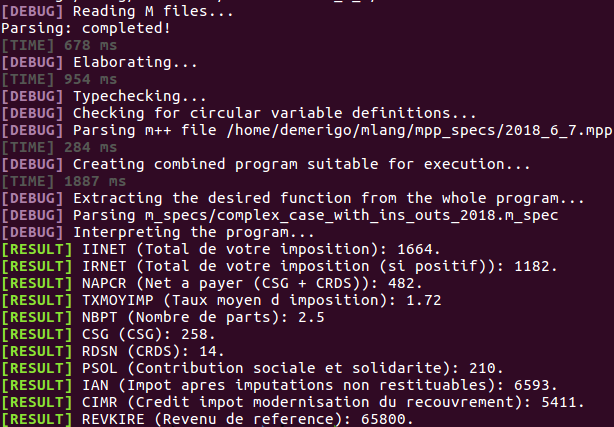
Starting Research Position at @ProseccoINRIA. Programming languages, formal methods and the law. https://t.co/QyZcBJOrhc. @DMerigoux@types.pl @DMerigoux@piaille.fr
How to get URL link on X (Twitter) App



 Il nous aura fallu 1 an et demi avec mon co-auteur Raphaël Monat pour identifier ce qui manquait au code publié pour être réutilisable, et pallier à cette situation.
Il nous aura fallu 1 an et demi avec mon co-auteur Raphaël Monat pour identifier ce qui manquait au code publié pour être réutilisable, et pallier à cette situation.